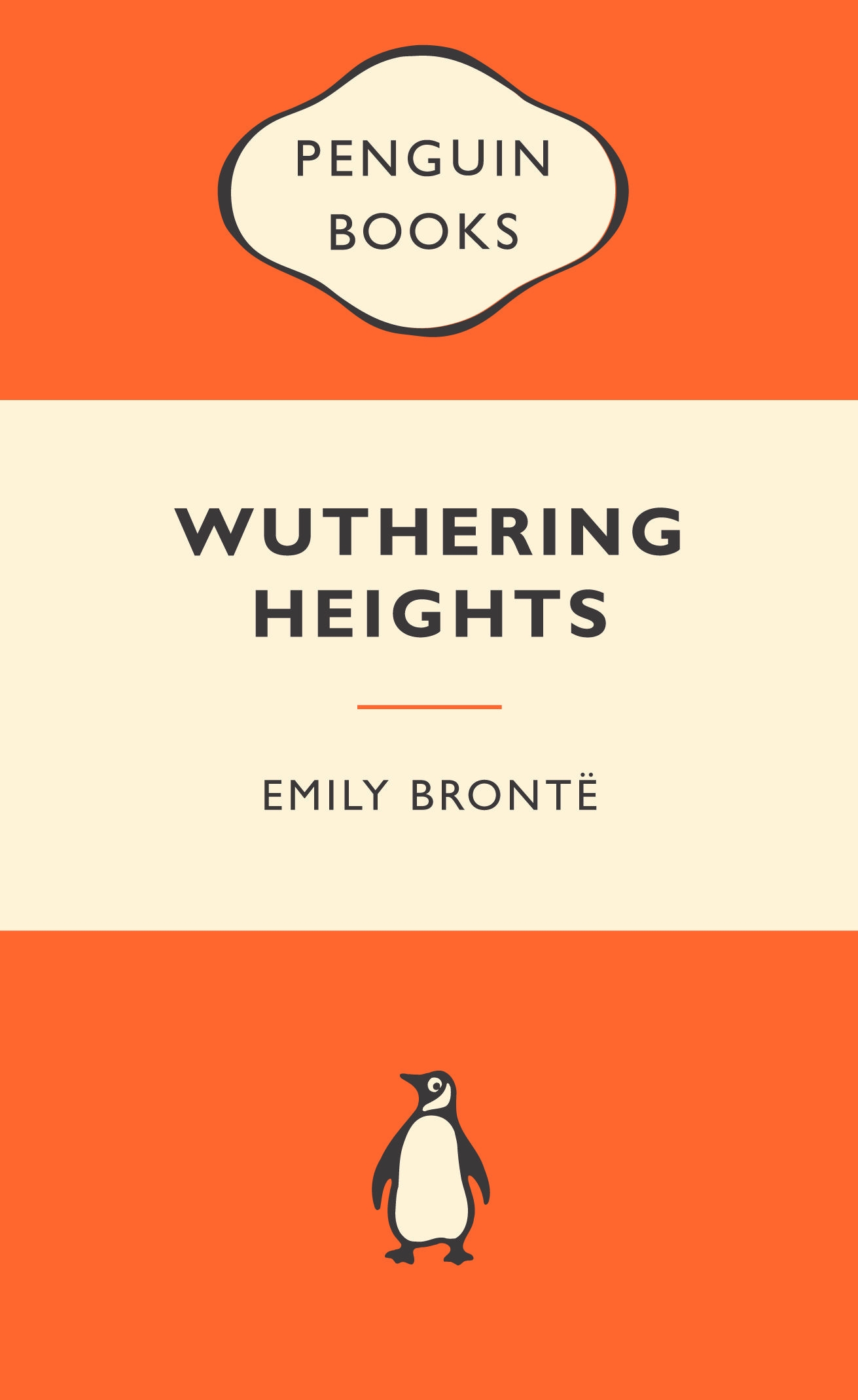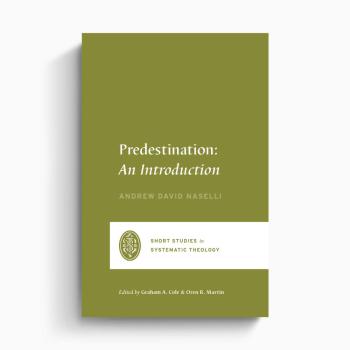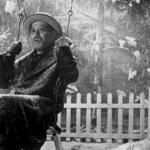Review of Wuthering Heights by Emily Brontë
By PAUL D. MILLER
Wuthering Heights was voted Britain’s favorite love story in 2007, according to the Guardian—which is what I hated so intensely about the book.
Wuthering Heights is not primarily a love story. The love story is the pretext for a story about addiction, slavery, and revenge. That story is well told, gripping, and completely without hope. It put me in a bad mood reading it. I hated all the characters. I yearned for a glimmer of brightness and I wanted Heathcliff to repent and find some sliver of redemption. There was none.
Heathcliff is Gollum. He is consumed, enslaved, and made a tyrant by his obsession with his object. He says as much; he complains that Catherine torments and tortures him, that he is unable to escape her. There is no suggestion that Heathcliff’s love for Catherine is agape, self-sacrificial; it is eros, but it is narcissistic eros. Heathcliff and Catherine are twins and find in each other halves of a common self. Catherine says that she is Heathcliff: their love for each other is self-love. It is not ennobled by the fact that it is denied. Some things that are denied should be.
Catherine is equally trapped. She recognizes the damage done to her life and her relationships by her relationship with Heathcliff, but cannot escape. That the world finds her struggle so compelling is indicative of the world’s inability to find an escape route away from our human nature. Plato would say that this is a tale of entirely mortal patterns; no divine pattern inbreaks to show the way out. Paul would say that the lovers are slaves to their sin natures, dead in their sins and unable to make themselves alive.
After Catherine is engaged, Heathcliff embarks on a life of revenge on everyone for underestimating him and depriving him of the object of his compulsion. He enacts the destruction wrought upon himself onto everyone around. It is one massive evil choice, sustained over a lifetime, implacable as iron, heedless of destroyed lives or other, higher choices.
In the end he hallucinates about Catherine’s ghost, starves himself to death, and deludes himself into believing that he is finding his personal paradise by wandering the moors for eternity with her spirit. I wanted him to find redemption. But he does not escape his addiction; he gives in. He does not transcend it, he subsumes himself into it. He never repents of his tyranny; he simply moves past it. Heathcliff’s love for Catherine is supposed to be the final justification of his actions; and his death is supposed to be his apotheosis. It is meant to be poignant, I suppose, but I simply found it grim. Not all self-destruction is tragic; sometimes it is justice.
The story-arc says that there is no escape from our hurts and our sins. This is one of the most depressing books I have ever read. It was a beautiful, sunny July day when I finished the novel, and I didn’t notice the sunshine. I had just read the story of a vessel prepared for destruction to demonstrate the justice of God. That was the only redeeming value I could extract from this infernal book: a cautionary tale of how not to life your life.
Which is what brings me back to what I hated so intensely about it. Before reading it I had a general impression that it was a great story of forbidden love that many people looked to as a stirring tale of how to follow your heart lest we lose our soulmates. That radically misreads the book. Heathcliff does follow his heart, and that is exactly why he destroys himself and everyone around him. Heathcliff and Catherine’s love is not a pattern for us to emulate, but to avoid. This isn’t a story about denied love, but indulged addiction. Holding this book up as a model teaches a ruinously false notion of love, relationships, failure, and our responsibility to rise about our circumstances.
I hate this book’s reputation and the way this book is read and perceived by others. I can’t read this book as moving or inspiring or think that Catherine and Heathcliff were unjustly parted lovers, victims of fate or the world or an uncaring world. They are only victims of their own folly and poor decisions.
But I do have a grudging respect for the novel. I couldn’t stop thinking about it for two days after I finished reading it. It has a haunting power and an unforgettable story. It is an epic tale of self-destruction. Read that way, I respect the work and do not regret the time spent reading it.












